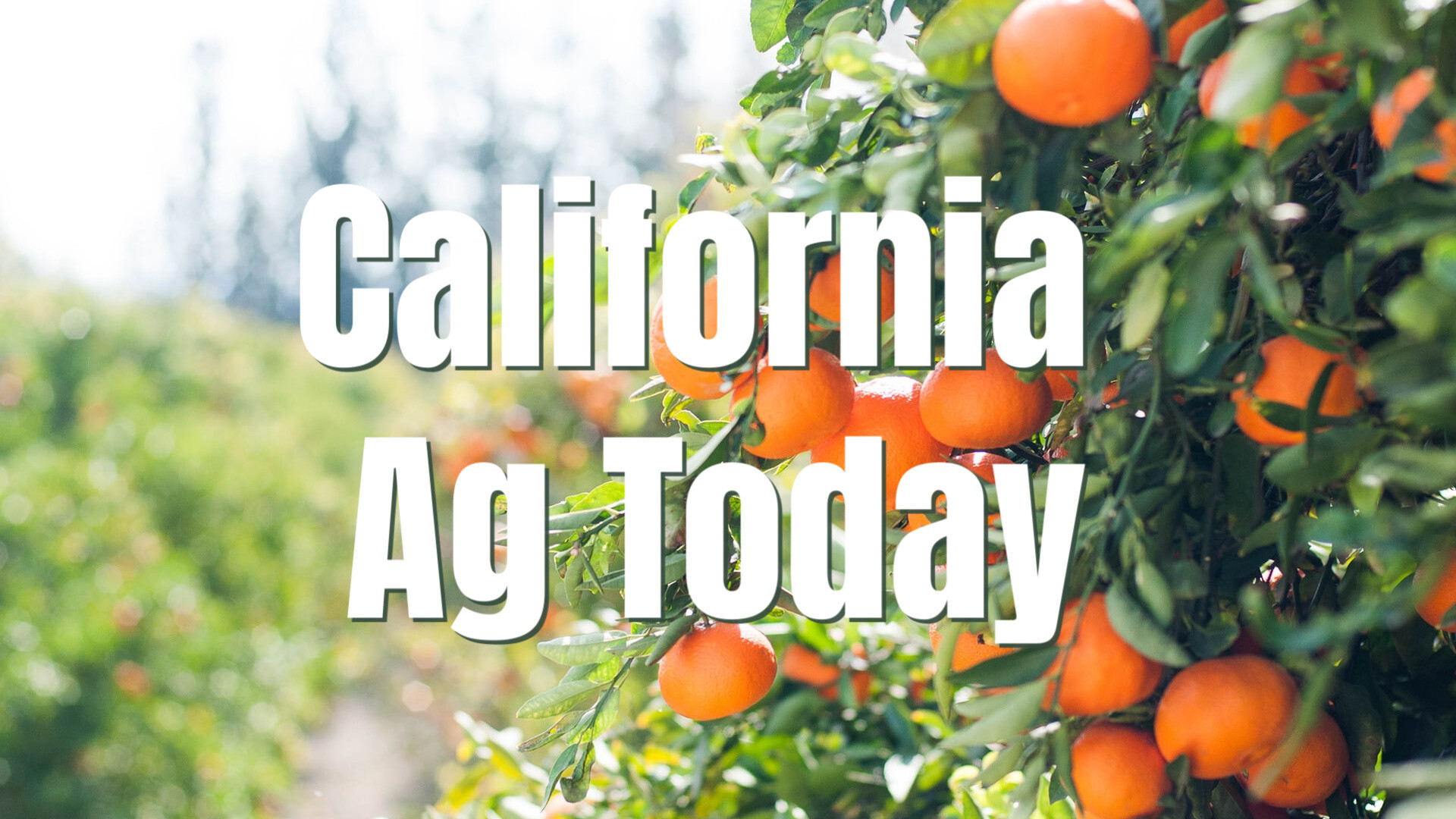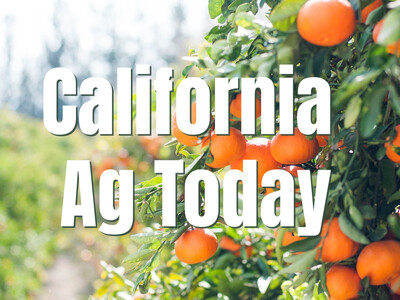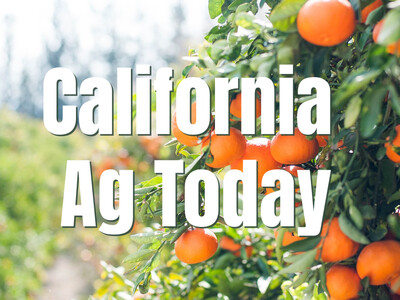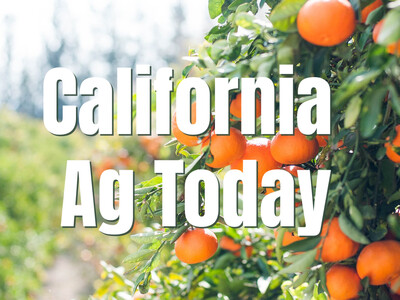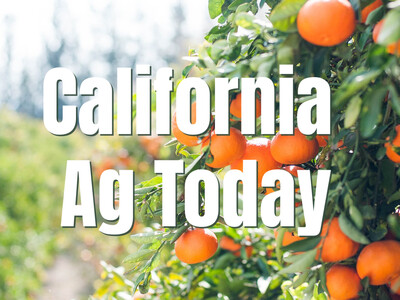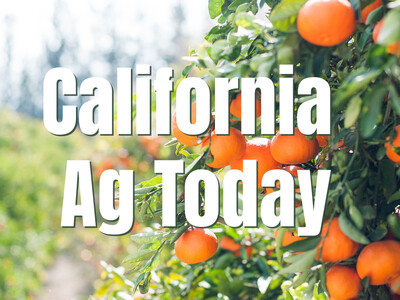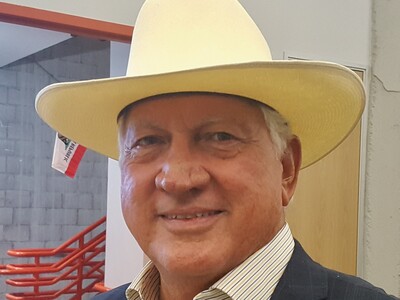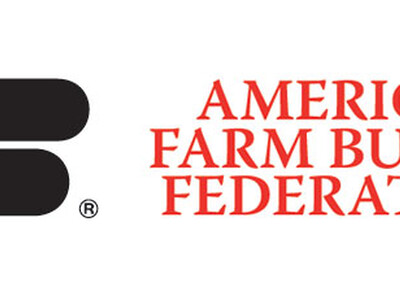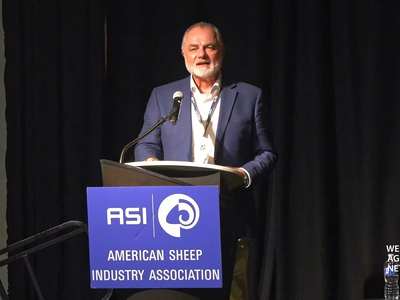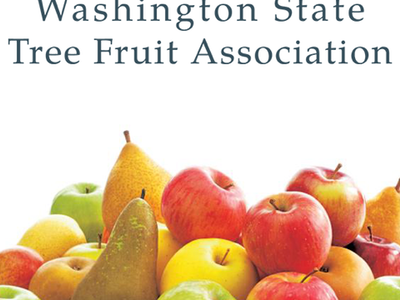Seaweed and the Science of Lower-Methane Cows
Cows play an essential role in California agriculture, and UC Davis researchers are exploring new ways to support productive herds while reducing methane from digestion. A new study from UC Davis, UC Berkeley and the Innovative Genomics Institute looks closely at what happens inside the rumen when cows are given a small amount of red seaweed in their feed.Earlier UC Davis work showed the seaweed can sharply cut methane, and this new research uncovers what is happening behind the scenes. The team found that the seaweed changes the activity of certain microbial genes, which briefly increases hydrogen in the rumen. That shift gives a naturally occurring bacterium called Duodenibacillus the chance to use that hydrogen before it can feed methane producing microbes.
“Hydrogen is a key energy source in the rumen, specifically for methane producing microbes,” said Spencer Diamond of the Innovative Genomics Institute. “This study helps us better understand how other microbes that naturally occur in the rumen can divert this hydrogen away from methanogens.”
Cows fed seaweed in the study cut methane by 60 percent and improved feed efficiency, pointing to promising, animal friendly climate solutions.


